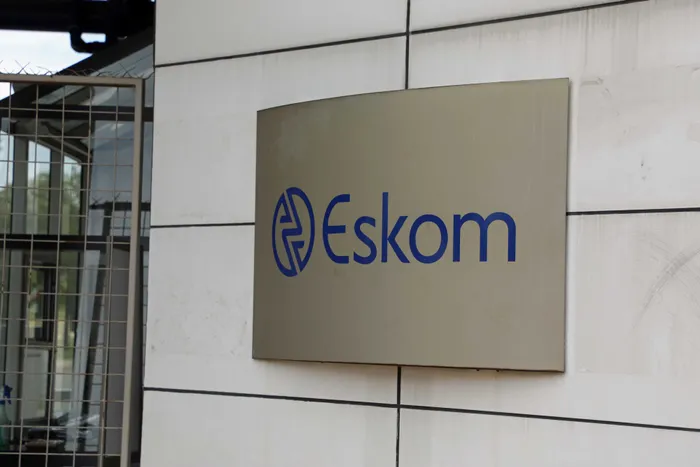Eskom energy crisis far from over

Eskom head office at Megawatt Park on Maxwell drive Sandton near Johannesburg. Picture: Timothy Bernard African News Agency (ANA)
Johannesburg - The government has been warned not to be elitist with its plan to subsidise the installation of rooftop solar panels to ease load shedding, as announced by Finance Minister Enoch Godongwana this past week.
Godongwana announced that from next month, businesses will be able to reduce their taxable income by 125% of the cost of an investment in renewable energy.
In addition, there will be no thresholds on the size of the projects that qualify, and the incentive will be available for two years to stimulate investment in the short term.
According to Godongwana, the government will also introduce a new tax incentive for individuals to install rooftop solar panels to reduce pressure on the grid and help ease load shedding.
"Individuals who install rooftop solar panels from March 1, 2023, will be able to claim a rebate of 25% of the cost of the panels, up to a maximum of R15 000. This can be used to reduce their tax liability in the 2023/24 tax year. This incentive will be available for one year,” he said.
However, some critics have warned against the rooftop solar panel scheme excluding vulnerable and poor households. Trade union federation Cosatu called for an urgent economic and energy summit to respond to the deteriorating socio-economic circumstances of the working class and the poor.
Cosatu has demanded that President Cyril Ramaphosa provide regular progress updates on the country’s energy crisis.
"The economy needs government to expedite interventions to reduce and end load shedding over the next six months if the economy is to grow and unemployment fall,” the federation said.
Its largest affiliate, the National Education, Health and Allied Workers’ Union, noted the rooftop solar panels rebate will exclude the overwhelming majority of the population. Another Cosatu affiliate, the SA Municipal Workers’ Union (Samwu), pleaded for an end to Eskom’s attaching of indebted municipalities’ bank accounts.
Some of the country’s 257 municipalities owe the power utility a total of more than R56 billion.
"As workers and residents, we are concerned by the rolling power blackouts in the country, which have affected every aspect of society… We, however, do not believe that Eskom's challenges are financial in nature; Eskom needs capable leaders, who will steer the country out of darkness,” the union said.
Samwu said the extra budget funding granted to Eskom should be used to ensure additional power is added to the grid to relieve workers, residents and businesses of the hardships they face daily.
The SA Communist Party (SACP) said it would watch closely whether the measures announced by Godongwana will make any appreciable difference going forward.
"Eskom should ramp up the maintenance of its existing fleet of power stations to original equipment manufacturer specifications and increase its electric power generation capacity to make electricity available uninterruptedly,” the SACP explained.
The party demanded the state strengthen the security of all Eskom’s infrastructure as part of the national state of disaster interventions to safeguard energy security.
Former National Treasury director-general Dondo Mogajane said tax incentives for solar power solutions and support for independent power producers will do wonders for businesses and the economy.
The proposed rebates come as the country has been plunged into prolonged darkness by the energy crisis, with many consumers being forced to dig deep into their pockets to install back-up systems in their homes.
Eskom’s now former chief executive Andre De Ruyter left the organisation with immediate effect this past week after dropping a bombshell when he said members of the African National Congress are responsible for the power utility's problem.
He claimed members of the ruling party were fleecing at least R1 billion a month from Eskom.